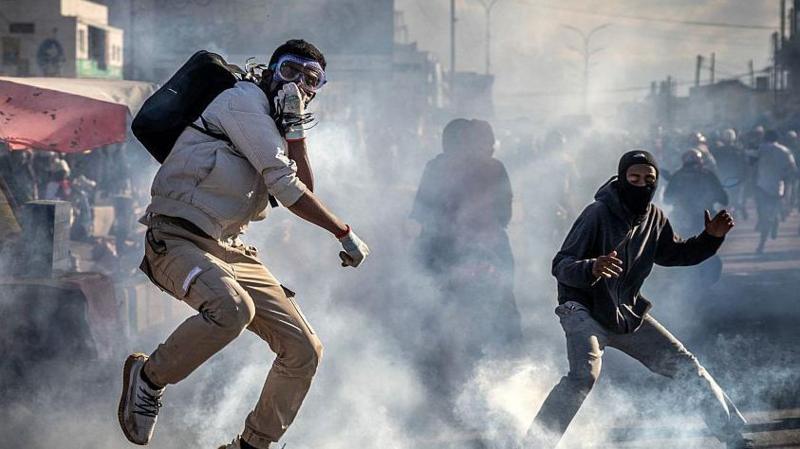Summary
Madagascar's President Andry Rajoelina appointed an army general as the new prime minister to address youth-led protests against his government. The protests began over issues like water and power outages but have grown to include broader concerns about corruption and unemployment. Despite this change in leadership, protestors continue to demand President Rajoelina's resignation.
Key Facts
- President Andry Rajoelina named Gen Ruphin Fortunat Zafisambo, an army general, as the new prime minister.
- The appointment followed President Rajoelina's dismissal of former Prime Minister Christian Ntsay and his cabinet.
- Youth-led protests began on September 25, driven by public dissatisfaction with water and power shortages, and later expanded to include issues like corruption and high unemployment.
- The protest group named Gen Z Mada rejected the new prime minister and gave Rajoelina 48 hours to resign.
- The United Nations reported at least 22 deaths and over 100 injuries during the protests, which the government disputes.
- Security forces have clashed with protesters in several cities, including the capital Antananarivo, as well as Toliara and Diego Suarez.
- Madagascar has a history of political unrest, including a major protest in 2009 that led to a change in leadership.
- Despite having natural resources, Madagascar is one of the poorest countries globally, with only a third of its population having access to electricity.
